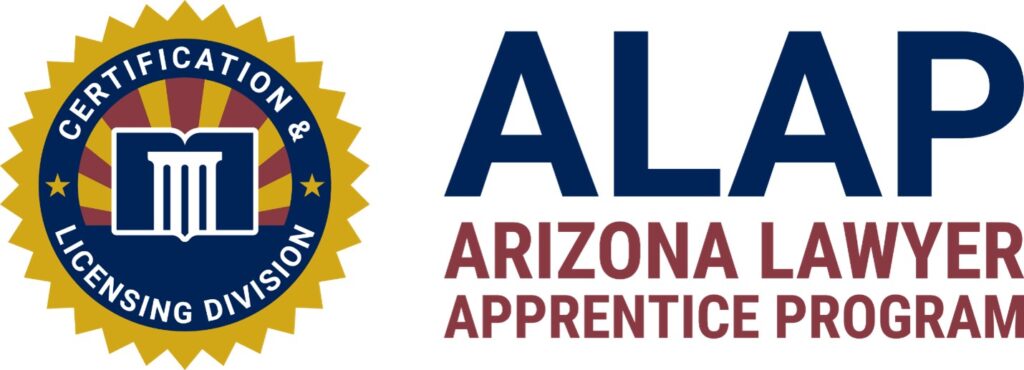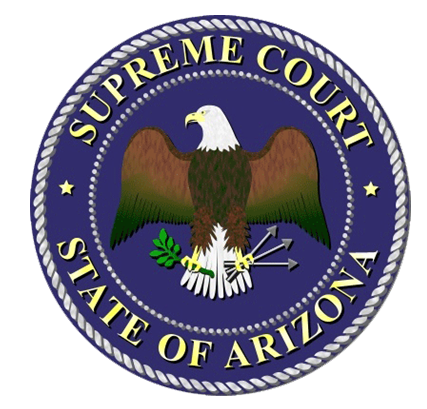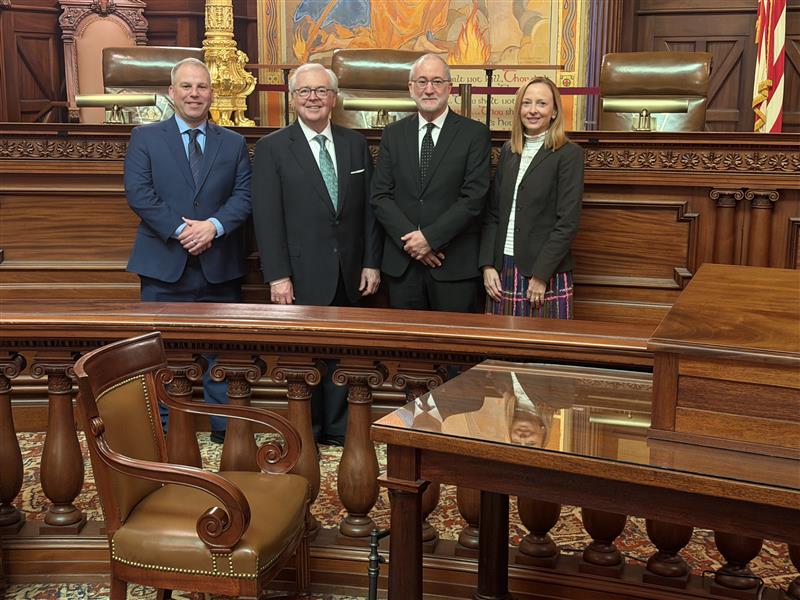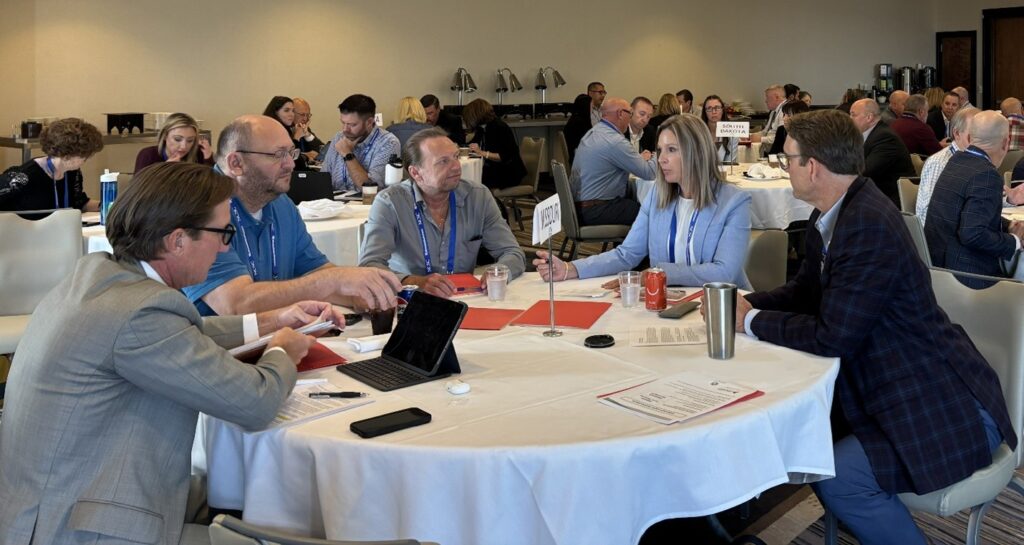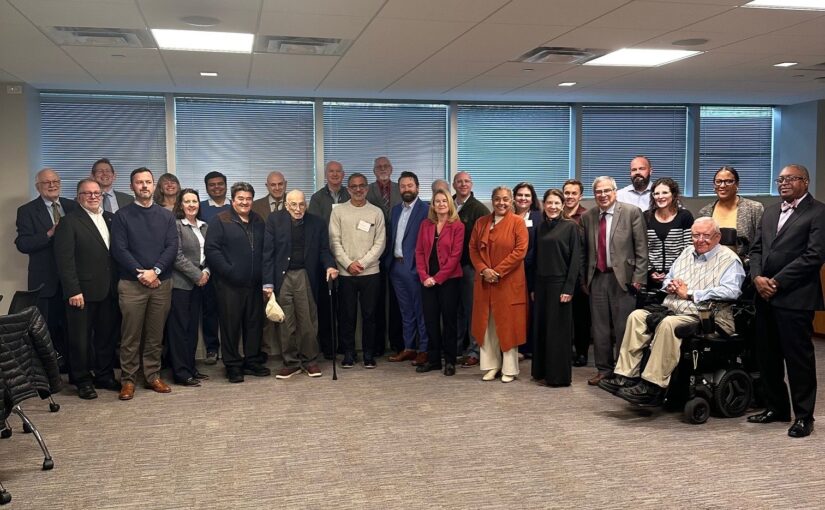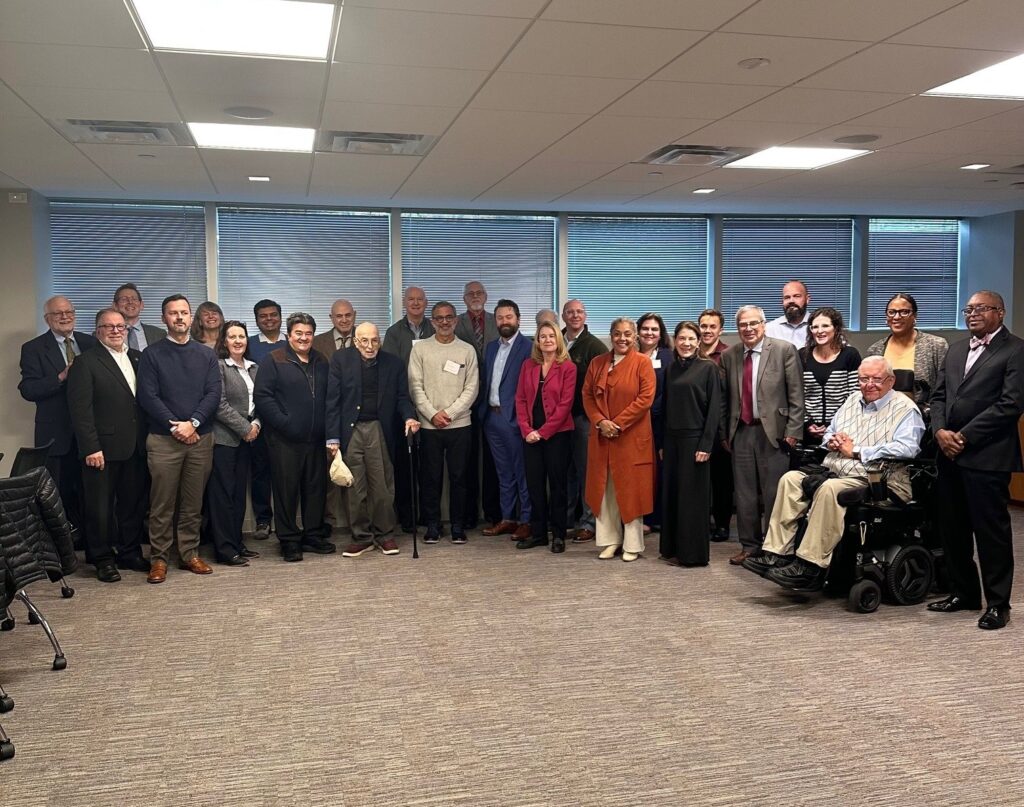The Arizona Supreme Court implemented the Arizona Lawyer Apprentice Program (ALAP) on September 1, 2024, with generous grant support from the State Justice Institute, creating an alternative pathway to law licensure. ALAP is designed for candidates who narrowly miss Arizona’s Uniform Bar Exam (UBE) passing score of 270, recognizing that a single cut score does not perfectly measure attorney competence and future success. Rather than requiring these candidates to retake the UBE, ALAP allows those scoring between 260 and 269 to practice law under the supervision of an experienced Arizona attorney.
Participants must commit to two years of providing legal services in rural areas or with public law offices statewide and meet all other admission standards. Upon successful completion of the program, an ALAP licensee transitions to a regular license to practice law in Arizona. This innovative program reflects the Court’s commitment to expanding access to justice while offering aspiring attorneys a meaningful opportunity to demonstrate their competence.
After one year, ALAP has shown strong engagement with 70 applications received. For the July 2025 UBE, 16 of 44 eligible candidates (36%) have applied, while for the February 2025 UBE, 20 of 36 eligible candidates (56%) have applied. Earlier eligibility periods yielded 19 applications from July 2024 examinees (35%) and 7 applications from July 2023/February 2024 examinees (12%).
To date, 44 ALAP licenses have been issued, with 40 currently active. Three licensees subsequently achieved a UBE score of 270 or higher, and one license expired due to failure to secure qualifying employment. Seventeen ALAP applications remain active. For more information about ALAP you can visit the ALAP website ALAP – Arizona Lawyer Apprentice Program. For information on how to apply, see Arizona Attorney Admissions – Applications & Information.
